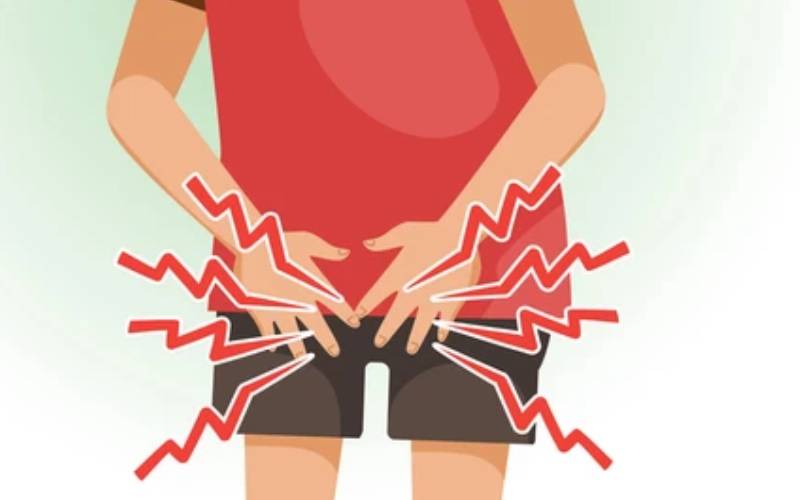
UTIs present differently with age groups. [Courtesy]
Did you know that a simple manageable condition like constipation could be giving your child a urinary tract infection (UTI)?
Dr Peninah Musyoka, a pediatrician at Machakos Children’s Clinic, says UTIs occur when the rectum is constantly full of stool or when urine is not coming out or going back, which incubates bacteria, hence causing the UTI.
Facts First
This story continues on The Standard INSiDER. Subscribe now for unfiltered journalism that holds power to account.
Already have an account? Login
 The Standard Group Plc is a multi-media organization with investments in media
platforms spanning newspaper print
operations, television, radio broadcasting, digital and online services. The
Standard Group is recognized as a
leading multi-media house in Kenya with a key influence in matters of national
and international interest.
The Standard Group Plc is a multi-media organization with investments in media
platforms spanning newspaper print
operations, television, radio broadcasting, digital and online services. The
Standard Group is recognized as a
leading multi-media house in Kenya with a key influence in matters of national
and international interest.











